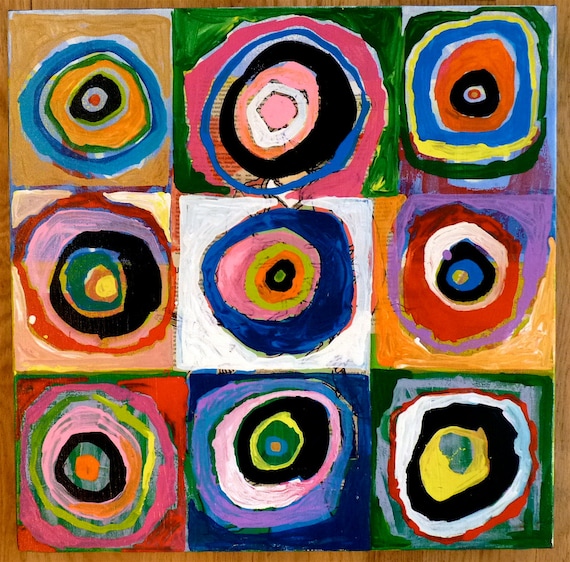8 Steps to Follow and Questions to Ask
1. Listening or reading the poem out loud without over analyzing it is a great way to start!
Ars Poetica #100: I believe by Elizabeth Alexander
Poetry, I tell my students,
is idiosyncratic. Poetry
is where we are ourselves
(though Sterling Brown said
"every 'I' is a dramatic 'I'"),
digging in the clam flats

for the shell that snaps,
emptying the proverbial pocketbook.
Poetry is what you find
in the dirt in the corner,
overhear on the bus, God
in the details, the only way
to get from here to there.
Poetry (and now my voice is rising)
is not all love, love, love,
and I'm sorry the dog died.
Poetry (here I hear myself loudest)
is the human voice,
and are we not of interest to each other?
2. Articulating expectations for the poem allows readers to go into detail about where, when, and how the poem fulfills or frustrates your expectations.
Not once is the phrase "I Believe" written in the poem, but as the author described what poetry is to her students I figured toward the end of the poem that the description she was giving of poetry was "her belief" of what poetry is. The poem was split into couplets so when the final line came about I was not surprised it was a single line with a question added for effect. The free verse really allowed the poem to have the flow required for the ending effect.
3. Analyzing the syntax of a poem allows the reader to truly understand what is being said.
Every sentence begins with the word poetry, which is to add effect or meaning to the poem that what is being read is a poem about poetry. Sentences are elongated through the use of couplets and commas. The authors use of modern prose eliminates ambiguities and the need to reorder sentences.
4. Consulting reference works for anything the poem may mention that you do not understand.
Sterling Brown was an African American poet and literary critic who lived form 1901 - 1989.
5. Understanding who, where, when, and what happens is easier after you've come to a literal understanding of each sentence.
Who: A teacher and a the students and the reader.
Where: No specific setting other than references made by the speaker (ex. in the corner, on the bus)
When: No setting, but the speaker being a teacher may imply a classroom.
What: Describing what poetry is and why it matters.
6. Addressing those questions allows us to ponder the bigger picture questions such as why does the poem matter and what does it mean?
This poem about poetry is important for understanding what poetry can be and how it can function in our lives. It is a form of expression that can be seen as an art of various forms. It can be as loose as this free verse that is being examined or even more complex such as a sonnet. Poetry can serve to respond to the life around us, express feelings, tell stories or anything in between.
7. How does the form of a poem contribute to its effect and meaning?
The use of couplets and elongated sentences through commas allows me to believe that this poem could be in the mind of the speaker. Perhaps it is a reflection or a retelling to the reader by the teacher. I could also see it as a flow of thought.
8. Consider ways the poem both uses and departs from poetic conventions, especially those related to form and sub genre.
The poem uses poetic conventions through its use of couplets and free verse, but departs from the couplets at the end of the poem with the final line standing alone. The use of free verse contributes to the idea that poetry can be whatever it needs to be regardless of structure and complexity. Ultimately poetry is a form of expression that is as diverse as it can be deep.




Brandon, what a compelling poem! I love how you analyzed it and really got to the juice, not just the look of the berry. Which of the poem did you like best, and what did you find most interesting? Was it the syntax? Or the tone? or Maybe it was from the meter? Great work!
ReplyDeleteI think this poem was one of the most interesting poems to read aloud. The bits where the author writes about her own voices are so unique to poetry. It's difficult to read this poem aloud without adhering to her vocal instructions. I just wondered if I was the only one who read it like this.
ReplyDeleteI like how you imply the setting may be a teacher to a class, it definitely could feel that way when reading it out loud.
ReplyDelete